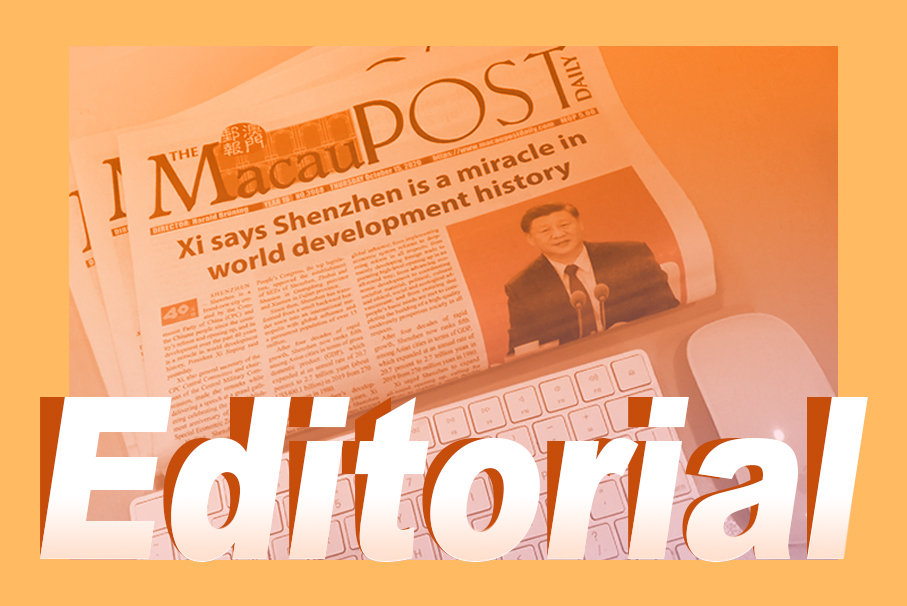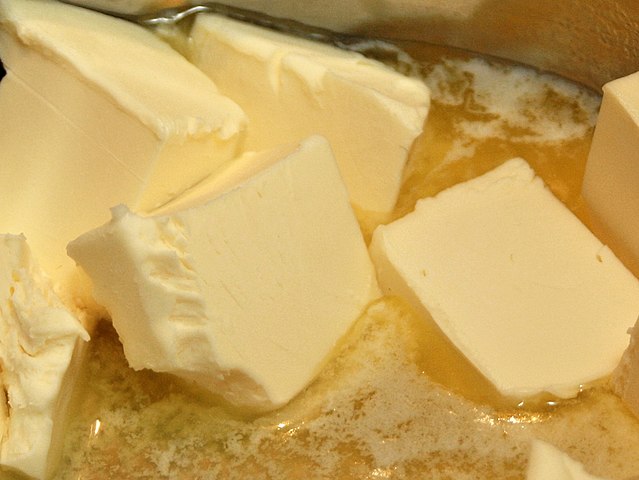Addressing yesterday’s weekly press conference about Macau’s novel coronavirus situation, Health Bureau (SSM) Director Alvis Lo Iek Long urged residents to be inoculated against COVID-19 as soon as possible for three major reasons – protecting themselves from COVID-19 individually, helping create herd immunity in Macau, and enabling the city to restore normal travel conditions with other places.
Lo warned that Macau is facing the risk of being hit by COVID-19 due to the novel coronavirus pandemic that is “still very serious”, despite the fact that Macau has not recorded a new local COVID-19 case for 421 days. Lo noted that Taiwan has been hit by a COVID-19 outbreak, which emerged earlier this month, apart from the fact that Guangzhou and Shenzhen have recently reported new COVID-19 community cases, and new cases are still being constantly confirmed in Hong Kong, with some of the new patients having been diagnosed with carrying mutant strains of the novel coronavirus.
Lo, who became Macau’s new health chief early last month, urged residents to be always “prepared for danger in times of peace”, meaning that, he said, residents, community associations, companies and other organisations should continue to strictly comply with the government’s COVID-19 prevention measures.
Lo noted that the government is aware that many residents have started to let their guard down in COVID-19 prevention, which, he said, is “dangerous” for Macau. He also said local people’s vaccination hesitancy was possibly due to the fact that “everybody thinks that Macau is very safe” from the COVID-19 threat.
Lo warned that Macau could be hit by a local COVID-19 case any time, like the recent situation in a number of neighbouring cities, urging residents to remain highly vigilant against the COVID-19 threat.
Lo underlined that if Macau confirmed new local COVID-19 cases, this would adversely affect residents’ daily lives and the city’s economic recovery significantly, adding that the mainland’s lifting of its quarantine requirement for arrivals from Macau “would also be affected”. Lo urged residents to cherish Macau’s “hard-won phased” achievement in its COVID-19 prevention and control measures.
As of 4 p.m. yesterday, 151,389 doses of COVID-19 vaccine had been administered to 95,212 people in Macau, comprising 38,644 who had received their first jab and 56,568 who had received their second jab.
13.7 pct of vaccination rate
Lo said that Macau’s COVID-19 vaccination rate has so far reached 13.7 percent – i.e. nearly 14 percent of the population has received at least one jab, but, he said, this vaccination rate is far lower than what is required for Macau to achieve herd immunity.
Lo urged residents to be inoculated against COVID-19 as soon as possible, underlining that for residents to get their COVID-19 jabs is both a matter of necessity and urgency.
Lo stressed that COVID-19 vaccinations will protect people from the novel coronavirus both “individually and collectively”.
Individual protection
Individually, Lo said, a large number of scientific research studies have proved that COVID-19 vaccines can effectively reduce the risk of infection with the novel coronavirus. In the case a person who has had his or her COVID-19 jabs becomes infected with the novel coronavirus and comes down with symptoms, the vaccines can still effectively reduce the risk of suffering a serious condition or dying from the disease, according to Lo.
Lo noted that 1.6 billion doses of COVID-19 vaccine have been administered worldwide. “Scientifically, the vaccine’s safety and effectiveness have been fully proven,” Lo said.
The world’s population stands at 7.86 billion, according to worldometers.info.
Situation ‘could deteriorate quickly’
Collectively, Lo said, herd immunity is very important to ensure that a place is safe from the COVID-19 threat. Lo warned that while Macau is currently safe from the COVID-19 threat as it has not recorded a new local COVID-19 case for 421 days, if Macau began to confirm new local COVID-19 cases, the situation could quickly deteriorate.
If Macau’s COVID-19 situation deteriorated, Lo said, then residents would rush to get their COVID-19 jabs, in such a situation there would “surely” not be enough time for them to protect themselves from the virus because they would need to wait at least four weeks before they are supposed to get their second jab, apart from the fact that those who have had the two jabs will only develop COVID-19 immunity two weeks after the second jab.
Consequently, Lo said, residents should get their COVID-19 jabs as soon as possible when Macau is in a good condition concerning COVID-19 right now.
If Macau would confirm new local COVID-19 cases, Lo said, and local herd immunity had already been achieved at that time, the impact on the local population would be minimal.
Lo said that, generally speaking, herd immunity is reached when 70 percent of the population has been vaccinated against a certain disease.
Restoring normal travel conditions
Furthermore, Lo said that a certain level of the vaccination rate is necessary for Macau to restore normal travel conditions with other jurisdictions. “Residents in Macau hope that normal travel between the city and other places will be restored as soon as possible. But it would be impossible for Macau to restore normal travel with other places if we have not created herd immunity,” Lo said.
“We have heard that many Macau residents hope that they will no longer need to undergo quarantine after returning from Hong Kong. But if we have not built an immune protection barrier [against COVID-19], we will not be able to lift the quarantine requirement,” Lo said.
In addition, Lo also noted that the vaccination progress has recently been rising quickly in the mainland where about 500 million doses have already been administered. Lo said that the mainland would start to restore normal travel conditions with various jurisdictions worldwide after its vaccination rate increases further. Lo said that in this case there would be a large difference of the vaccination rate between the mainland and Macau if the city’s vaccination rate still lags behind in the near future, in which case, he said, Macau would no longer be able to maintain its normal cross-border movement of people with the mainland.
Consequently, Lo said that there is “no time to delay” for residents to be inoculated against COVID-19.
51st case confirmed
Meanwhile, the Novel Coronavirus Response and Coordination Centre announced in a statement late last night that Macau confirmed its 51st COVID-19 case yesterday, a 39-year-old local man who returned to Macau last Wednesday from Nepal via Turkey, Paris and Taipei. According to the statement, the man, who is unemployed, received his first Sinopharm jab in Macau on February 11 and his second shot on March 11, before travelling to Hong Kong on March 15 from where he departed for Nepal in late March.
According to the statement, the man tested negative for COVID-19 in a nucleic acid test (NAT) in Nepal on Sunday last week, before flying to Turkey the next day. The man travelled to Paris on Tuesday last week from where he flew to Taipei, before returning to Macau on Wednesday last week. Upon arrival at the local airport, the man was taken to the public Conde de São Januário Hospital Centre where he tested negative for COVID-19 in a nucleic acid test but positive in an antibody test, after which he was taken to one of the government’s “quarantine hotels”, the statement said, adding that his test came back a weak positive for COVID-19 in a follow-up nucleic acid test yesterday, because of which he was taken to the Health Bureau (SSM)’s Public Health Clinical Centre in Coloane for medical observation.
The man, an asymptomatic carrier of the novel coronavirus, has been classified as an imported COVID-19 case, the statement said.
Macau confirmed its first COVID-19 case on January 22 last year. A total of 49 of the 51 cases have been classified as imported, while two cases have been classified as “connected to imported cases”. The first 49 patients have been cured and discharged from hospital, and no fatalities have been reported in Macau, which has been spared a community transmission of the novel coronavirus disease.
‘Government masks’ no longer sold by health centres & stations
Meanwhile, the 30th round of the government’s facemask purchase scheme will start on Thursday. The facemasks sold under the scheme are colloquially known as “government masks”.
However, the Health Bureau’s Control of Communicable Diseases and Surveillance of Diseases Department Coordinator Leong Iek Hou announced during yesterday’s press conference that “government masks” will no longer be sold at the bureau’s eight health centres and two health stations starting from the upcoming round of the scheme which runs until June 25. Consequently, Leong said, there will be 72 outlets for the new round of the scheme, comprising 56 designated pharmacies and 16 community associations.
Child facemasks, which have been sold only in the health centres and health stations until the current round, will be sold at the 56 designated pharmacies starting from the upcoming round, according to Leong.
Under the facemask purchase scheme, each local resident, non-resident worker and non-local student enrolled in Macau’s higher education institutions are entitled to buy 30 facemasks at the fixed price of 24 patacas every 30 days at designated outlets upon presentation of their original Macau ID card, work permit or student card.
Under the 30-day scheme, parents or legal guardians are entitled to buy 30 facemasks for each child aged between three and eight. Currently with their children’s ID card, each of them can also choose to buy 15 child facemasks plus 15 adult facemasks, or to buy 30 adult facemasks.
Leong announced yesterday that starting from the upcoming round, the option for parents to buy 15 child facemasks plus 15 adult facemasks will be cancelled, meaning that each of them will be able to choose to buy 30 child facemasks or 30 adult facemasks each time. Leong said that her bureau has decided to cancel the “15 child facemasks plus 15 adult facemasks” option after considering that only few parents have chosen this “15+15” combination in each round of the scheme.
Health Bureau (SSM) Director Alvis Lo Iek Long addresses yesterday’s press conference about the city’s novel coronavirus (COVID-19) situation. Photo: Tony Wong









